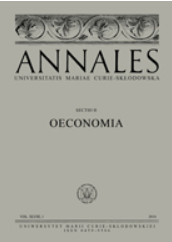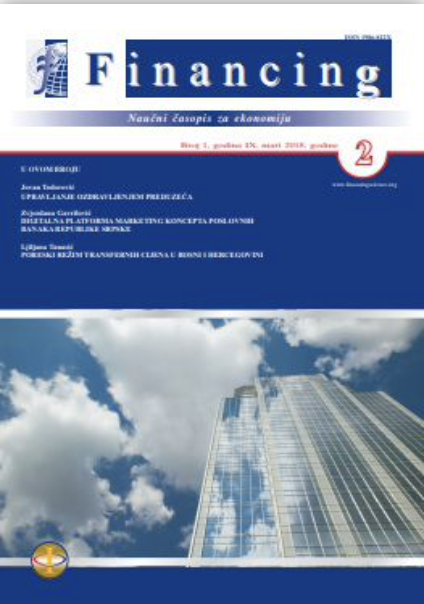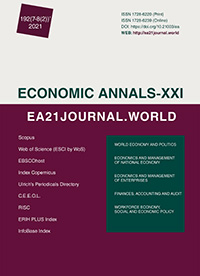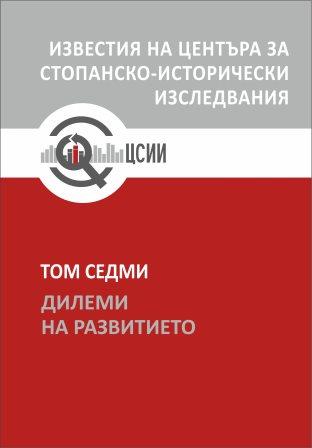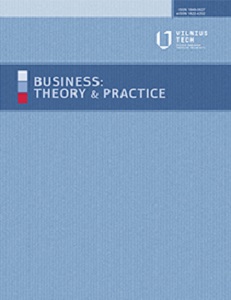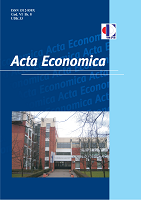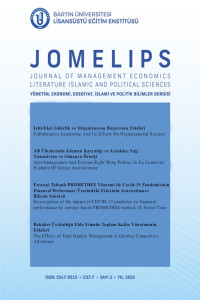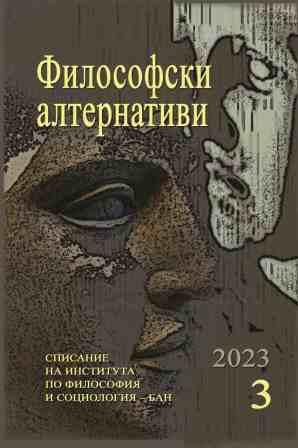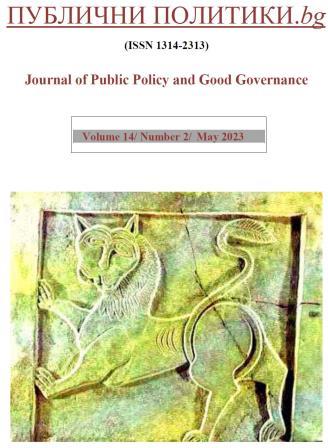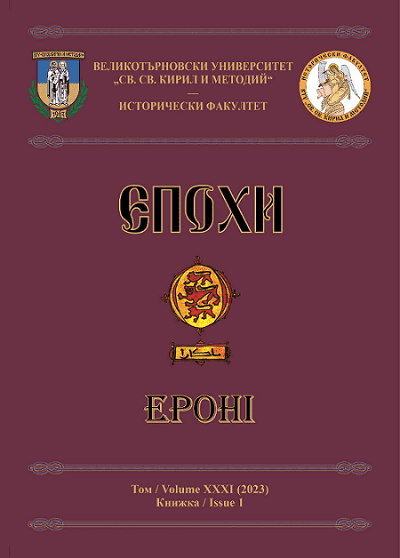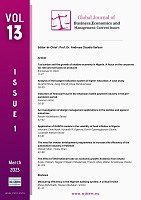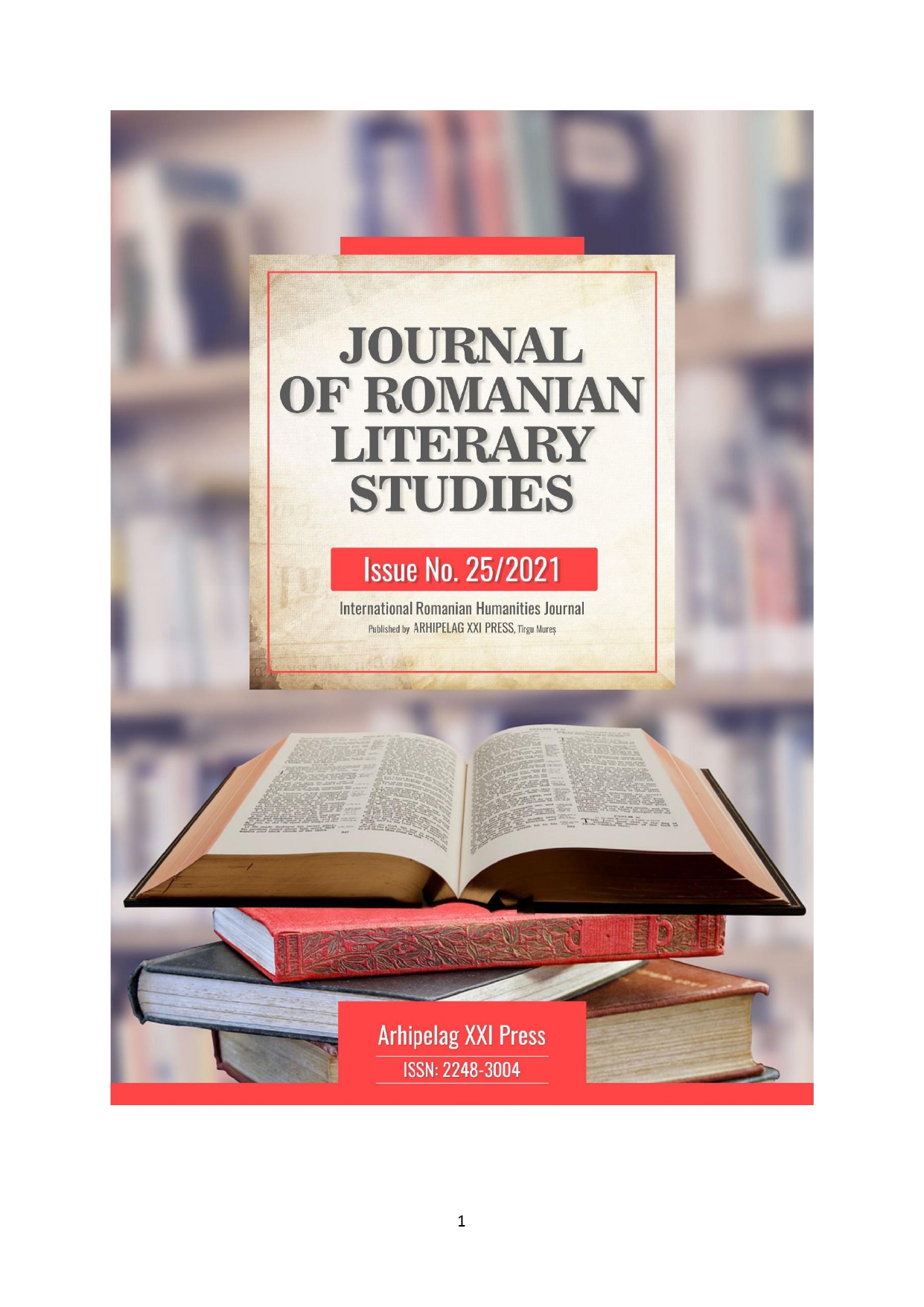Author(s): Ivan Šijaković / Language(s): Bosnian,Croatian,Serbian
Issue: 4/2006
In this work, the author studies the influences of culture, cultural flows and cultural values on economic development, entrepreneurship initiative and social progress. In the previous decade, many works were written that strove to show a large significance and influence of culture and tradition on economy and economical development. A large gap in economical development between specific states and regions in the world initiated the issue whether the culture is the obstacle for faster development. It has been shown that some cultures and systems of values are giving the support and accelerate the economic development through entrepreneurship, innovation, creation, competition and initiative. On the other hand, there are the cultures that by their traditional values and positions prevent the innovations, creativity and freedom of creativity, which negatively influences the economical growth and economical development. Some cultures create favorable entrepreneurship climate, some not. In order to change that situation, it is necessary that cultural turn and change of cultural values in particular environment and society appear. We find many examples in history that show that cultural turns favourably influenced economical and social development. Such examples are Protestantism, Confucianism, enlightenment, meigi reformation, liberalism, pragmatism. There are also examples that show that cultural turns had negative influence on already achieved level of economical growth and economical development. In the work, we further explore which are the cultural values that favourably influence the development of entrepreneurship in modern societies. We conclude that entrepreneurship initiative, innovation and creation are revealed in cultures characterized by decisiveness, willingness to compete, dynamism, safety, creativity, creation, long-term work, education, knowledge and responsibility. In the end, in the work, the thesis is presented that entrepreneurship is the type of activity that does not disappear „naturally” or spontaneously in societies or by an individual. Entrepreneurship is learnt through education, informing and research.
More...


